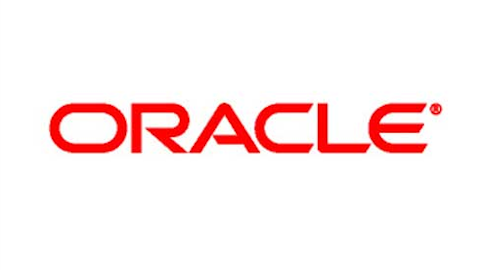82. With bond yields near all-time lows, Richard Barley of The Wall Street Journal writes, “For a one-percentage point rise in yields, 10-year U.S. Treasury holders now face a drop in price of nearly nine percentage points.”
83. “By 2050, workers’ median age in China and Japan will be about 50, a decade higher than in America,” writes Robert Samuelson.
84. Of the 3.1 million students who graduated high school in 2010, 78.2% received their diplomas on time, according to the National Center for Education Statistics. That was the highest percentage since 1974.
85. The U.S. birthrate declined 8% from 2007 to 2010, according to Pew. At 63.2 per 1,000 women of childbearing age, the 2011 U.S. birthrate was the lowest since records began in 1920.
86. According to Wired magazine, “In a 2006 survey, 30 percent of people without a high school degree said that playing the lottery was a wealth-building strategy. … On average, households that make less than $12,400 a year spend 5 percent of their income on lotteries.”
87. According to David Wessel of The Wall Street Journal, Americans “spend about half of their food budgets at restaurants now, compared to a third in the 1970s.”
88. We are used to hearing how much faster the earnings of the top 1% grow compared with everyone else’s, but we often forget that it used to be the other way around. From 1943 to 1980, the annual incomes of the bottom 90% of Americans doubled in real terms, while the average income of the top 1% grew just 23%, according to Robert Frank.
89. According to Vanguard founder John Bogle, the average equity mutual fund gained 173% from 1997 to 2011, but the average equity mutual fund investor earned only 110%, thanks to the tendency to buy high and sell low.
90. According to David Leonhardt, median family incomes have fallen substantially over a decade for the first time since the Great Depression. “By [2011], family income was 8 percent lower than it had been 11 years earlier, at its peak in 2000.”
91. The rise in domestic energy-production has already shaved $175 billion off our annual import bill compared with five years ago, according to energy analyst Daniel Yergin.
92. Federal nondefense discretionary spending — all spending minus defense and entitlements — is on track to hit its lowest level as a share of GDP in more than 50 years, according to data from the Congressional Budget Office.
93. Bonds have become so richly valued that UBS is reportedly reclassifying brokerage clients who are overweight bonds as “aggressive” investors — most likely to avoid future lawsuits if and when bonds lose value.
94. According to The Economist, “Over the past ten years, hedge-fund managers have underperformed not just the stock market, but inflation as well.”
95. According to Bloomberg, “Americans have missed out on almost $200 billion of stock gains as they drained money from the market in the past four years, haunted by the financial crisis.
96. In the 1960s, wages and salary income made up more than 50% of GDP. By 2011, it was less than 44%, as dividends, interest, and capital gains made up a growing share of the nation’s income.
97. S&P 500 companies held $900 billion in cash at the end of June, according to Thomson Reuters. That was up 40% since 2008.
98. “More than 50 million Americans couldn’t afford to buy food at some point in 2011,” writes CNNMoney, citing U.S. Department of Agriculture data. In June 2012, 46.7 million Americans received food stamps.
99. Japan’s working-age population is on track to decline from 62.6% of its population in 2012 to just 49.1% by 2050.
100. The unemployment rate for those with a bachelor’s degree is just 3.7% — less than half the nationwide average.
Check back every Tuesday and Friday for Morgan Housel’s columns on finance and economics.
The article 100 Startling Facts About the Economy originally appeared on Fool.com and is written by Morgan Housel.
Morgan Housel has no position in any stocks mentioned. The Motley Fool recommends Apple, Google, and Netflix. The Motley Fool owns shares of Apple, Google, and Netflix.
Copyright © 1995 – 2013 The Motley Fool, LLC. All rights reserved. The Motley Fool has a disclosure policy.





